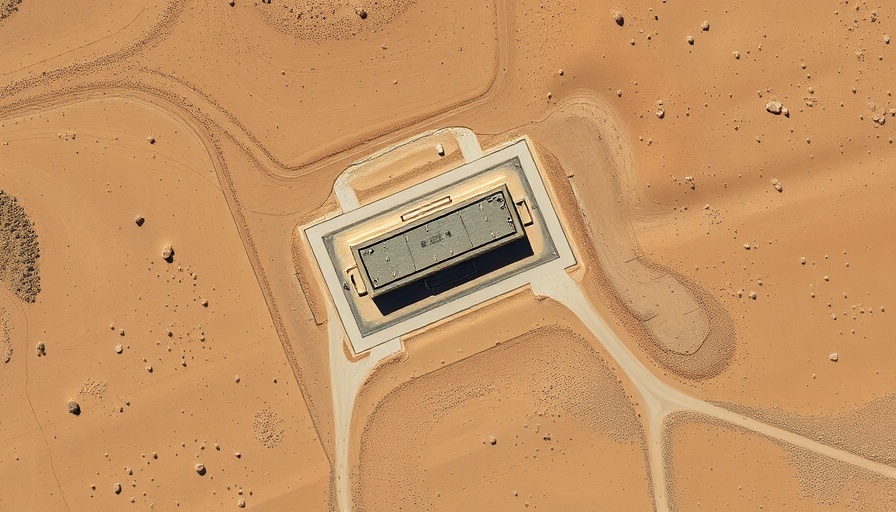
US Military Strikes: A Limited Impact on Iran's Nuclear Ambitions
Recent US military strikes against Iran's nuclear facilities have sparked significant debate over their effectiveness. According to a leaked Pentagon intelligence assessment, these airstrikes did not destroy Iran's nuclear program as claimed by President Donald Trump, but rather may have only set it back for a few months.
The Nature of the Strikes
The US targeted three key nuclear sites: Fordo, Natanz, and Isfahan, employing bunker-buster bombs capable of penetrating substantial underground structures. While damage was inflicted, particularly on aboveground facilities, underground components of the nuclear program reportedly remained largely intact. The Pentagon assessment indicates that critical centrifuges continued operations, and some enriched uranium stockpiles had been relocated before the strikes.
Official Responses and Discrepancies
The White House quickly refuted the Pentagon's leak, labeling it "flat-out wrong" and criticizing the intelligence source. President Trump has been adamant about the success of the strikes, asserting that it represents one of the most significant military operations to date. This stark contrast in narratives highlights the tension between government communications and leaked intelligence reports.
Strategic Implications
As the geopolitical landscape continues to evolve, the effectiveness of these strikes raises questions about US strategy in the region. The limited impact suggests Iran might be able to regroup and resume its nuclear ambitions sooner than anticipated. This situation illuminates the challenges the US faces in attempting to halt a determined nuclear program.
The Bigger Picture: What Lies Ahead?
Despite claims of destruction, the circumstances indicate that Iran's nuclear capability may remain unharmed. The administration’s approach will likely develop as the situation unfolds, requiring careful monitoring and strategic planning to mitigate potential future threats. As stakeholders weigh their options, the need for comprehensive solutions continues to gain urgency amidst rising tensions.
As this story develops, staying informed on the nuances of US-Iran relations will be critical for understanding international dynamics.
 Add Row
Add Row  Add Element
Add Element 



Write A Comment